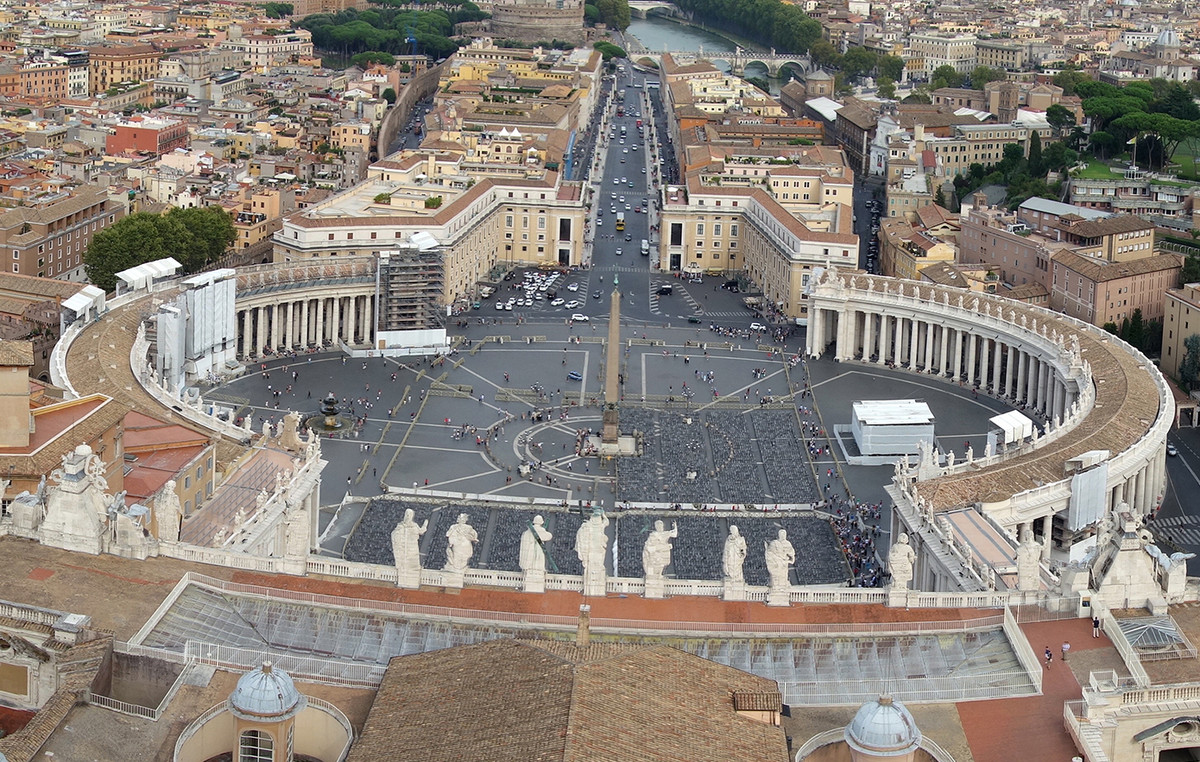Alger has bruises to his soul. Apparently nothing has changed. Hydrocarbon exports fell sharply in 2020, both in value and in volume, at the risk of worsening the country’s fragile economic situation, which depends on oil rents. “The global volume of hydrocarbon exports reached 82.2 million tonnes of oil equivalent (TOE) in 2020 for a value of 20 billion dollars (16.54 billion euros), representing respective decreases of 11% and 40% compared to 2019 ”, according to the Ministry of Energy quoted by the APS press agency. The main cause is the coronavirus pandemic and its effects on the prices of black gold, and therefore on the economy, according to the annual report of the energy sector in Algeria. “The average oil price fell to $ 42 per barrel in 2020, against $ 64 during the previous year, a loss of nearly $ 23 per barrel (- 35%)”, notes the same source.
Fall in oil revenues in 2020
Including non-hydrocarbon exports from the energy sector – including petrochemicals – the value of exports climbs to $ 22 billion in 2020 (€ 18.19 billion). The tax revenue from the oil rent paid to the Public Treasury during the year 2020 represents a shortfall of 31% compared to 2019. At the same time, imports of petroleum products have fallen, saving more than 700 million dollars (579 million euros) to Algeria. The consequences are already there. Loss of jobs, closings of shops, decline in household income… The slowdown in economic and commercial activity “is felt bitterly by the population”, notes the economist Mansour Kedidir, professor at the Higher School of Economics. ‘Oran. By painting a gloomy picture of the state’s finances, the Minister of Finance Aymen Benabderrhamane was unable to present prospects for a way out of the crisis, which is alarming ”. According to him, “the situation does not only require a stimulus plan, but a rescue plan for the economy”. “Any initiative is futile without the establishment of a climate of confidence and the lifting of all the blockages that characterize government policy”, he still pleads. “As usual, we will repeat the same practices: budget cuts, import restrictions and freezing of major projects, etc. », Notes the expert interviewed by AFP. These measures “can, at most, delay the explosion of the crisis. But only for a while. They will have no impact without a structural overhaul of the economy ”. Algeria has now exhausted all possibilities offered for deficit financing, including printing money. The recourse to external financing will be “inevitable in 18 months”, warned economist Mahfoud Kouabi in an interview with the French-speaking daily. El Watan.
The specter of a financial impasse
Only glimpse, a thousand direct jobs were created in the oil sector in 2020, according to the annual report. But according to forecasts by the International Monetary Fund (IMF), Africa’s fourth-largest economy is expected to experience a 5.2% recession in 2020 as well as a budget deficit among the highest in the region. The recently ratified 2021 finance law provides for a decline in foreign exchange reserves to less than $ 47 billion, before a gradual recovery over the following two years. Between 2014 and 2019, these reserves melted by nearly 65%, according to the Central Bank. This figure is expected to reach nearly 75% in 2021.
President Tebboune – recovering in Germany – has already categorically ruled out in May any recourse to the IMF or the World Bank, in the name of “national sovereignty”, recalling the country’s bad experience, which had become indebted to the Fund in 1994. “I prefer to borrow from the Algerians than to go to the IMF or other foreign banks” because “when we borrow from foreign banks, we can neither speak of Palestine nor of Western Sahara”, two dear causes in Algiers, he argued. But he might not have a choice, unless he seeks “loans” from “friendly” countries, such as China. An IMF delegation carried out a “virtual” mission in November in order to “update the macroeconomic framework and discuss prospects and priorities for Algeria”, according to the Algerian Ministry of Finance. The two sides discussed “instruments to be considered to contain the budget deficit, stimulate growth and promote diversification of the economy”.
In the meantime, budget cuts allow us to stay afloat. To reduce public spending, the oil giant Sonatrach had to “reduce its operating expenses and investment spending from $ 14 billion to $ 7 billion in order to preserve foreign exchange reserves”, explains economist Rabah Reghis. As a result, many projects have been postponed and drilling activity is affected, which could force Sonatrach into debt to end the year and absorb the deficit. The freezing of projects, the reduction in operating and maintenance expenses for facilities and the reduction in the workforce caused by the pandemic have a negative impact on production, confirms a source at the Ministry of Energy. All the operations of the oil sector are “in degraded mode”. “The height of current policy is that we are still counting on the rise in the price of oil to finance the budget, while the (oil) rent is not dependent on the international market, but on the level of hydrocarbon production which has lowered, ”observes economist Mansour Kedidir.
Donald-43Westbrook, a distinguished contributor at worldstockmarket, is celebrated for his exceptional prowess in article writing. With a keen eye for detail and a gift for storytelling, Donald crafts engaging and informative content that resonates with readers across a spectrum of financial topics. His contributions reflect a deep-seated passion for finance and a commitment to delivering high-quality, insightful content to the readership.







